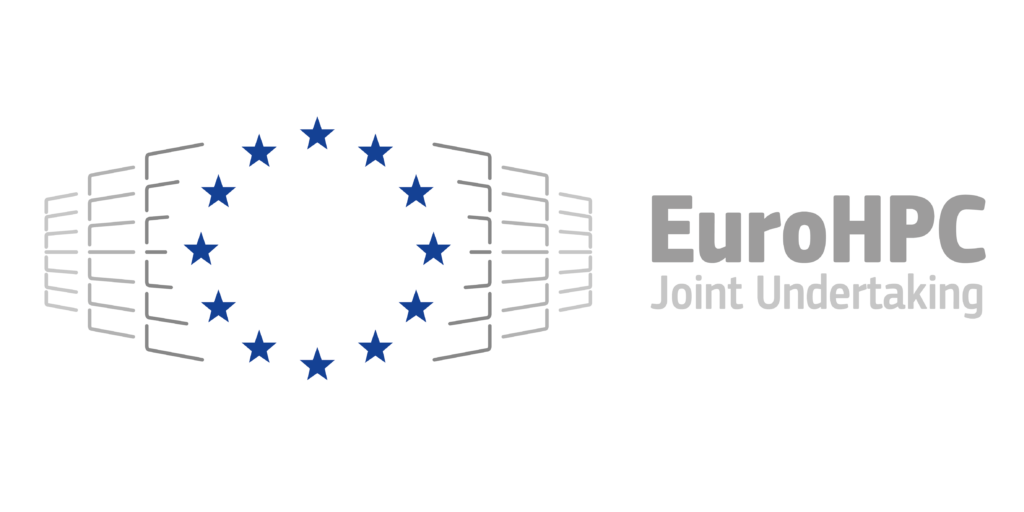At the workshop called “The future of Powertrain Technologies – Opportunities from Pisa and surrounding”, EPI’s consortium partner the University of Pisa presented their activities, including the ones in the European Processor Initiative.
On Thursday, October 10th KIT held the first automotive summit in cooperation with the Tongji University in Shanghai. Many representatives from research and companies in China such as BMW, Infineon, Intron and UAES (Bosch in China) participated and gave interesting presentations about their current and future R&D projects. One major topic is autonomous driving and how it can be accomplished with the currently available computing resources. Solutions ranging from edge and cloud computing to embedded HPC. In this discussion, the EPI project should not be missing. This is why Prof. Jürgen Becker from KIT gave an interesting talk about the recent research activities in Germany and Europe also mentioning the on-goings in EPI and the known partners in the consortium. The project and plans were well received by the audience.
On October 10th in Nancy, France, within an IEEE I&M France Chapter/GDR SoC2 Workshop Prof. Sergio Saponara from the University of Pisa, Italy, held an IEEE IMS DL about ACES (autonomous, connected, electrified and shared) vehicles and related instruments and measurement/perception tools. The IEEE DL presented the opportunities and challenges of the ACES trends, with a focus on high-performance machine-perception sensors (like Radar, Lidar, Camera), navigation and positioning technologies (Inertial Measurement Units, Global Position/Navigation Satellite Systems). The challenge of the High-Performance Computing, needed on-board the vehicles to process in real-time such a large amount of data, using either deterministic signal and data processing techniques or new machine learning and AI tools, have been also discussed. To this aim, the opportunities offered by the European Processor Initiative H2020 project have been also presented.
The Arm Research Summit offers a unique forum where academics, researchers and industry experts come together to discuss their own projects, discover the latest developments across a wide range of different fields, and make new connections for future collaborative opportunities. The 2019 event focused on the importance of collaboration across multiple disciplines to address ever more complex computing challenges. The summit includes keynote talks, presentations, workshops and demos from experts across all fields of technology research, and plenty of all-important networking opportunities.
EPI’s Romain Dolbeau and Ying-Chih Yang presented.
Parallel Computing conference (ParCo2019) was held in Prague, Czech Republic, from 10-13 September 2019.
EPI Chairman of the Board, Jean-Marc Denis, gave a keynote titled “European Processor Initiative: the European vision for exascale ages and beyond”
In Pisa, the EPI team participated at the RoundTable at ApplePies, 7th International Workshop Applications in Electronics Pervading Industry, Environment & Society. The Round Table confirmed that the EuroHPC Joint Undertaking, in full alignment with the objective of deploying in Europe a world-class supercomputing infrastructure and a competitive innovation ecosystem in supercomputing technologies, applications and skills by coordinating the efforts of its member states and share resources, has assigned one of the 3 Precursor to Exascale system to CINECA. Building on that, the Round Table’s participants presented the contribution of Italian-based institutions and enterprises towards the maximization of the results achieved through exascale-class systems both from the scientific and research point of view as well as from the industrial point of view. The current status of R&D in Italy specifically for the development of components for exascale-class systems was addressed, including the role of Italian institutions and enterprises in the European Processor Initiative (EPI) consortium, and which synergies among the key players could create a native Italian ecosystem fully aligned within the EuroHPC JU and EPI initiatives for enabling exascale-class systems to support scientific leadership and industrial competitiveness.
HPC User Forum took place in Argonne National Laboratory, Chicago, Illinois, September 9-11, 2019. On September 10, in the afternoon session chaired by Paul Muzio, EPI’s Chairman of the Board, Jean-Marc Denis, addressed the attendees and explained the European Processor Initiative.
The academic participants presented their research lines and their previous engagement and contributions to EU programs, covering a wide spectrum of research fields and technological implementation. Andrea Bartolini (UniBO) presented the goals of the EPI, the members of the consortium and the roadmap for the processor, the accelerator and the automotive components, and highlighted the role of University of Bologna in the development of key components of the EPI project. Fabrizio Magugliani (E4 computer Engineering) presented the role of E4 in the development of key components of the EPI projects such as the PCIe daughter board hosting the EPI processor as Software Development Vehicle. The presentation opened a healthy discussion about how the community of Italian researchers could leverage the EPI project bringing the results of their research and therefore adding value to the project.
The First IEEE Seasonal School on Circuits and Systems for IoT aimed to offer a set of talks on key topics related to circuits and Systems for IoT in modern and upcoming technologies. This seasonal school is an initiative of the IEEE CASS SiG on IoT. The SiG on IoT decided to start a series of seasonal schools on IoT, each year in a different location around the world. It was also decided to do the first edition in Porto Alegre, Brazil.
EPI’s Sergio Saponara attended and gave a lecture titled “Internet of Things for Automotive Industry: New Trends in Circuits and Systems”, touching also upon EPI in his talk.
At the Pierburg Rheinmetall plant in Livorno, Italy, prof. Sergio Saponara from UNIPI addressed an industrial audience with a presentation titled “Integration of mechanical and electronic engineering: trends and challenges in education, research and technology transfer”, touching upon EPI as well.

